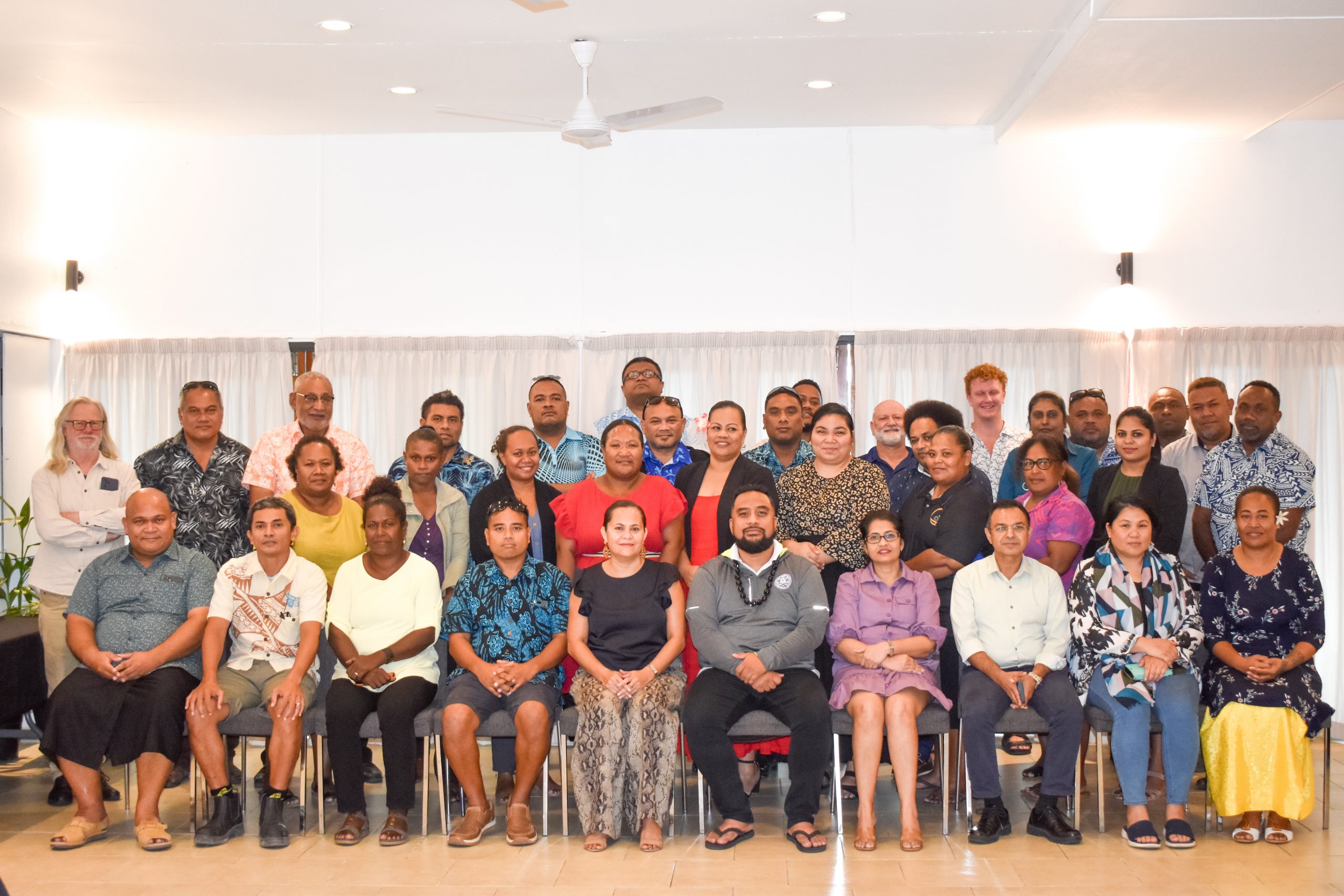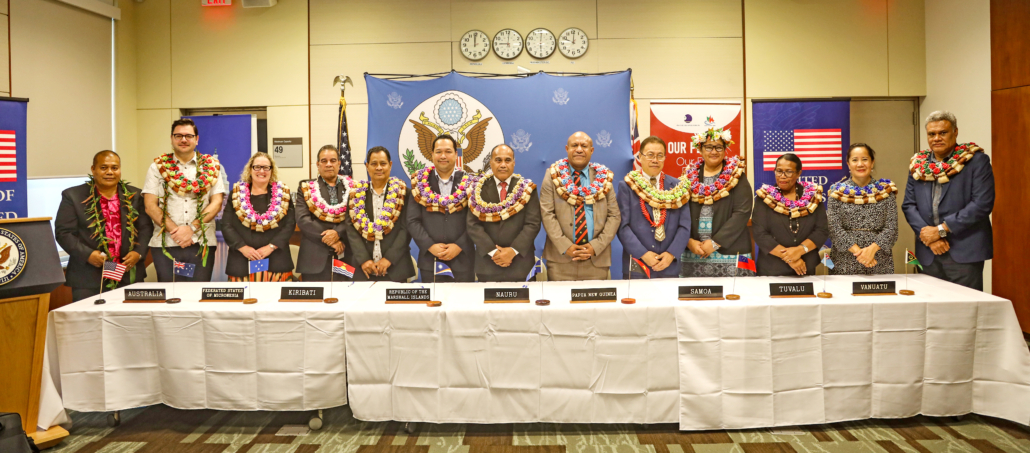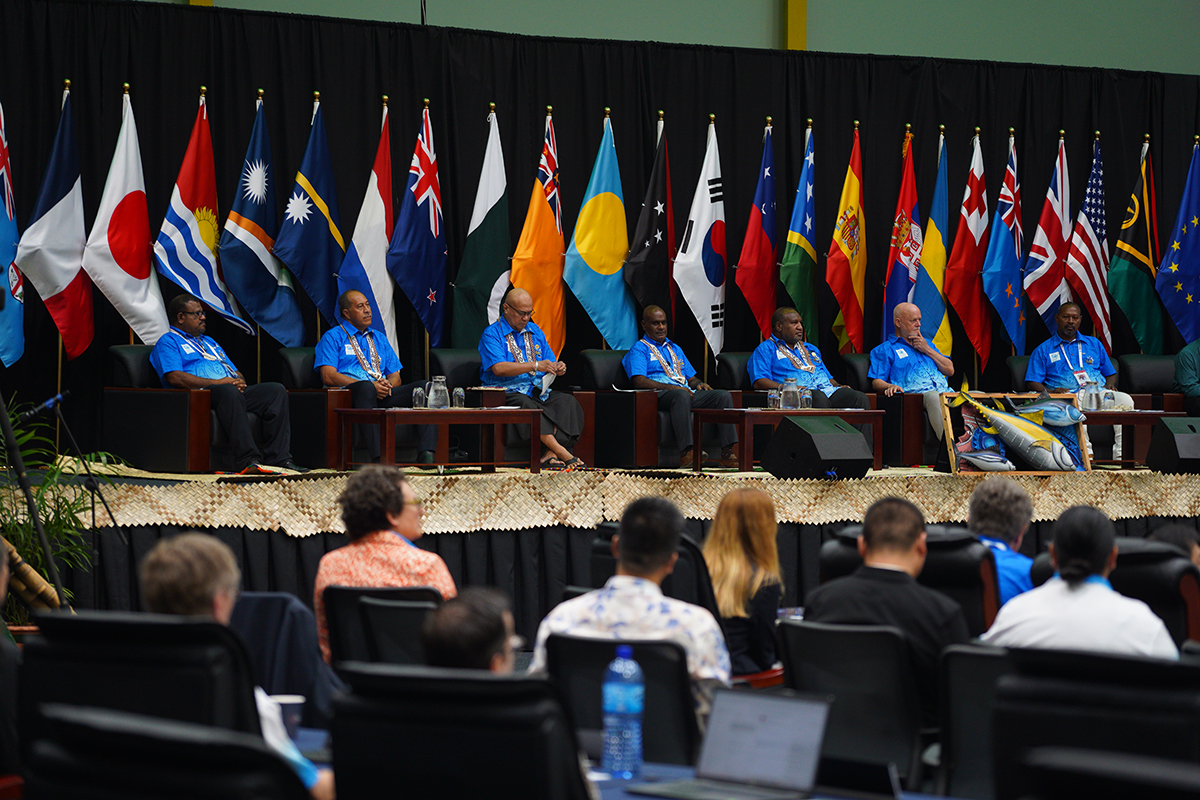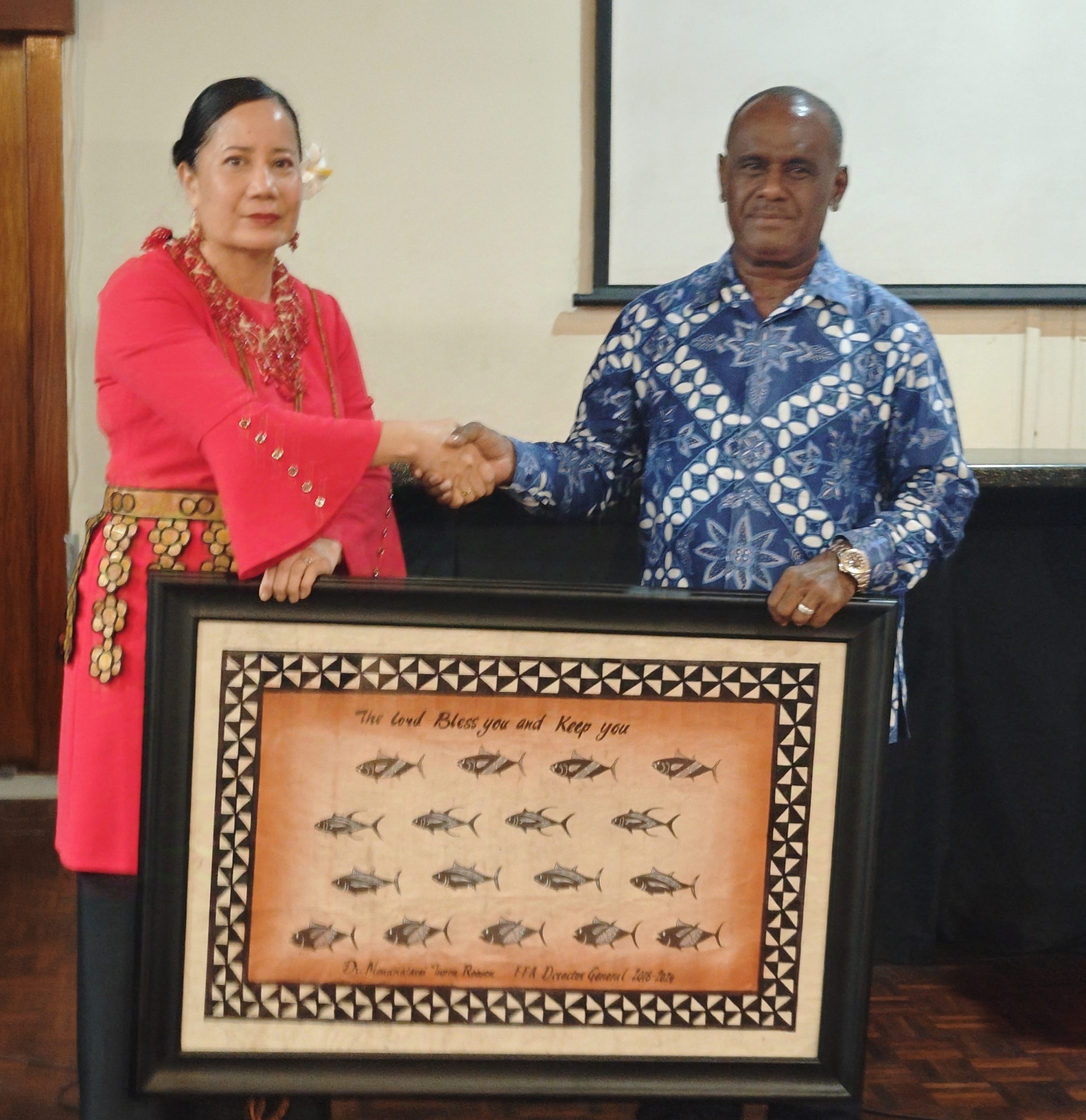PACIFIC Island nations, recognising the vital role of fishing in their livelihoods and economies, are taking decisive action to combat labour abuses and create a safer, fairer fishing industry.
This commitment was reinforced during a recent workshop in Fiji, led by the Pacific Islands Forum Fisheries Agency (FFA) that brought together government officials and industry leaders to address critical labour issues in the fishing industry.
The challenges faced by workers in the Pacific fisheries sector such as long hours and low pay, dangerous working conditions, physical and verbal abuse are not unique, echoing similar concerns raised in fishing industries worldwide.
Addressing these issues is a priority area identified by FFA’s governing body, the Forum Fisheries Committee (FFC) which has been pushing to raise labour standards in Pacific fisheries for years.
FFA Director-General Dr Manu Tupou-Roosen, stressed the importance of collective action.
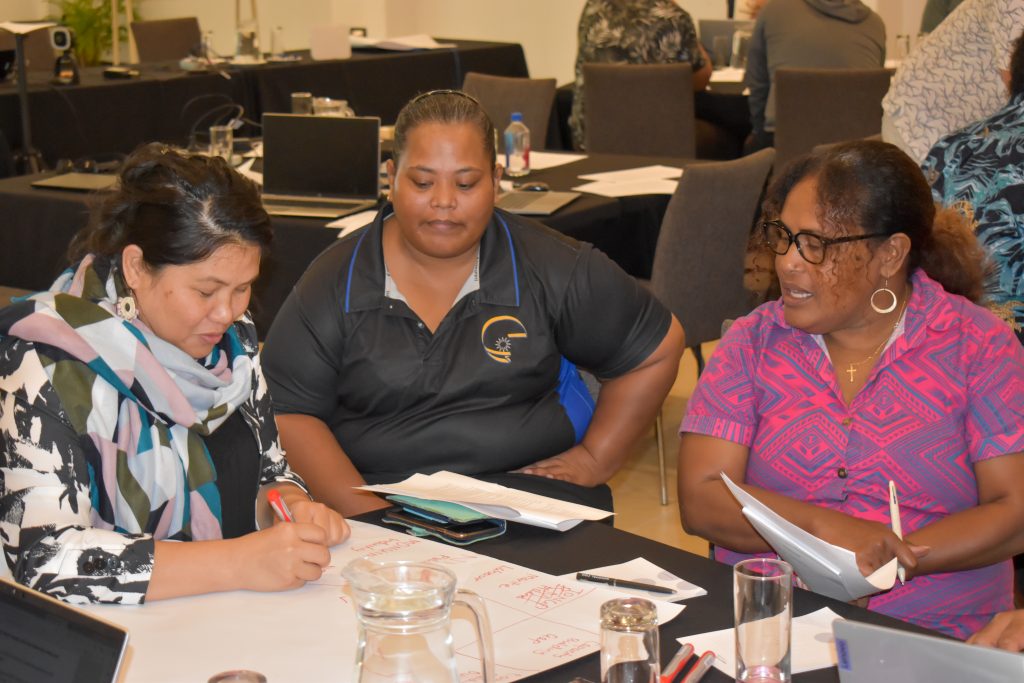
“As custodians of the vast Pacific Ocean, we may differ in resources, but our collective action can and will make a significant difference in improving working conditions across the fisheries sector. This priority was underscored by the FFC during the Officials meeting earlier this year, and will be part of the agenda at the FFC Ministerial Meeting later this month.”
Key outcomes from the workshop include:
- The need to form strategic partnerships in government as a foundation of improving labour standards on fishing vessels;
- A priority focus on training and capacity building to equip all stakeholders with the knowledge and tools to ensure decent work conditions on fishing vessels;
- The need to collaborate with the fishing industry to progress this work, supporting the companies to promote safe decent and worthwhile working conditions on fishing vessels;
- Recognition of the need for specialised training tailored to the unique needs of Pacific fishers as a means to promote the fishing industry as a career.
The FFA has worked with international organisations such as the International Labour Organisation (ILO), the International Organisation for Migration (IOM), and the United Nations Office on Drugs and Crime (UNODC) to combat labour rights violations and improve working conditions through initiatives such as:
- Developing and strengthening national and regional labour standards.
- Strengthening monitoring and enforcement mechanisms.
- Promoting fair recruitment practices and decent work conditions.
- Raising awareness and building capacity through educational programs for all stakeholders.
These ongoing efforts, supported in part by the PEUMP programme, aim to create a sustainable and equitable fishing industry that benefits both the workers and the economies of Pacific Island nations, while also addressing climate change resilience, marine conservation, and community development.
The EUR 45 million PEUMP programme, supported by the European Union and the Government of Sweden, promotes sustainable management and sound ocean governance for food security and economic growth, while addressing climate change resilience and conservation of marine biodiversity.
It follows a comprehensive approach, integrating issues related oceanic fisheries, coastal fisheries, community development, marine conservation and capacity building under one single regional action.
Source: FFA









